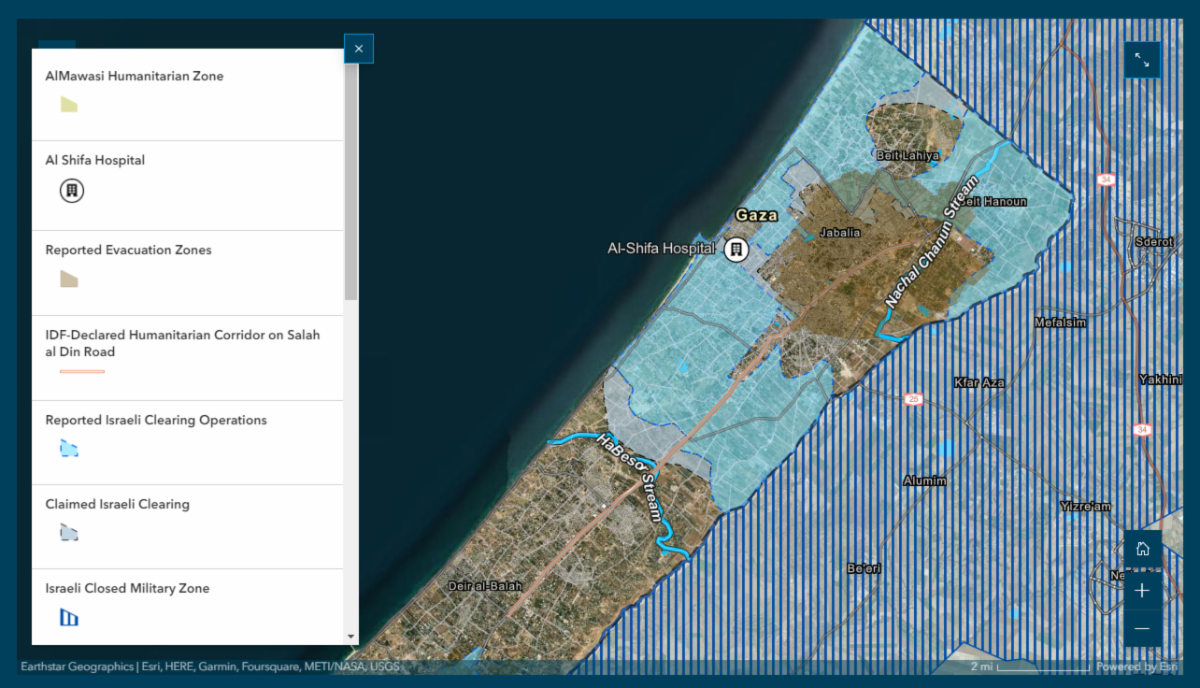Senior Israeli officials stated that Israel’s retaliatory strikes on Iran on October 25 "severely damaged" Iran's air defense capabilities, which would make Iran more vulnerable to future attacks. Israeli Prime Minister Benjamin Netanyahu stated that the Israel Defense Forces (IDF) strikes "severely damaged” Iran’s air defense and missile production capabilities. Unspecified sources within the Israeli defense establishment reported that Israel’s attack destroyed all of Iran’s long-range surface-to-air missile batteries and long-range detection radars, leaving Iran with only domestically produced short-range defense batteries. Western reporting has confirmed damage at a storage unit within the Abadan oil refinery in Khuzestan province and a TIECO oil and gas machinery factory in Tehran province, among others, following the IDF strikes. Israeli Defense Minister Yoav Gallant called the strikes on Iran the most significant IDF Air Force operation since the Six-Day War in 1967, emphasizing that their impact represents "a change in the balance of power.” Gallant stated that the damage from the strikes puts Iran at a “huge disadvantage” when it comes to future Israeli attacks.
Unspecified Iranian sources told Israeli media that Israel also targeted and breached Iranian radar systems in Syria before launching its attack on Iran. The sources noted that the radar screens in Iran’s defense systems “froze“ before the IDF strikes. CTP-ISW previously reported that the IDF likely targeted Iran’s early detection network in Syria and Iraq that would have given Iran advanced notice of the incoming Israeli attack.
Constrained Russian manufacturing capacity for new ground-based air defense systems and Russia’s demand for these systems in Ukraine may limit Iran’s ability to acquire new S-300s in the near term. CTP-ISW previously reported that Israeli strikes in Iran have targeted four S-300 air defense systems in Iran. Israeli sources reported that Iran had only four S-300 batteries, suggesting that Iran does not have any functional S-300 batteries right now. The Russian-made S-300 is the most advanced air defense system that Iran operates.
Key Takeaways:
- Iran: Senior Israeli officials stated that Israel’s retaliatory strikes on Iran on October 25 "severely damaged" Iran's air defense capabilities, which would make Iran more vulnerable to future attacks. Constrained Russian manufacturing capacity for new ground-based air defense systems and Russia’s demand for these systems in Ukraine may limit Iran’s ability to acquire new S-300s in the near term. Some Israeli strikes targeted Iran’s S-300s on October 25.
- Gaza Strip: Mossad head David Barnea met with CIA Director Bill Burns and Qatari Prime Minister Mohammad bin Abdulrahman al Thani in Doha on October 27 and 28 to continue ceasefire-hostage negotiations.
- West Bank: The US Treasury Secretary and seven of her foreign counterparts warned Israel that its decision to withhold payments from Israel to the Palestinian Authority risks an economic collapse in the West Bank that would be detrimental to Israeli security interests.
- Yemen: A Yemeni journalist reported that five Houthi fighters died in southern Lebanon fighting alongside Hezbollah, suggesting that Houthi fighters are embedded within Hezbollah there.
| 






 [ISW] 이스라엘-하마스 전쟁(이란) 업데이트, 2024년 11월 21일
[ISW] 이스라엘-하마스 전쟁(이란) 업데이트, 2024년 11월 21일
 [ISW] 이스라엘-하마스 전쟁(이란) 업데이트, 2024년 10월 17일
[ISW] 이스라엘-하마스 전쟁(이란) 업데이트, 2024년 10월 17일